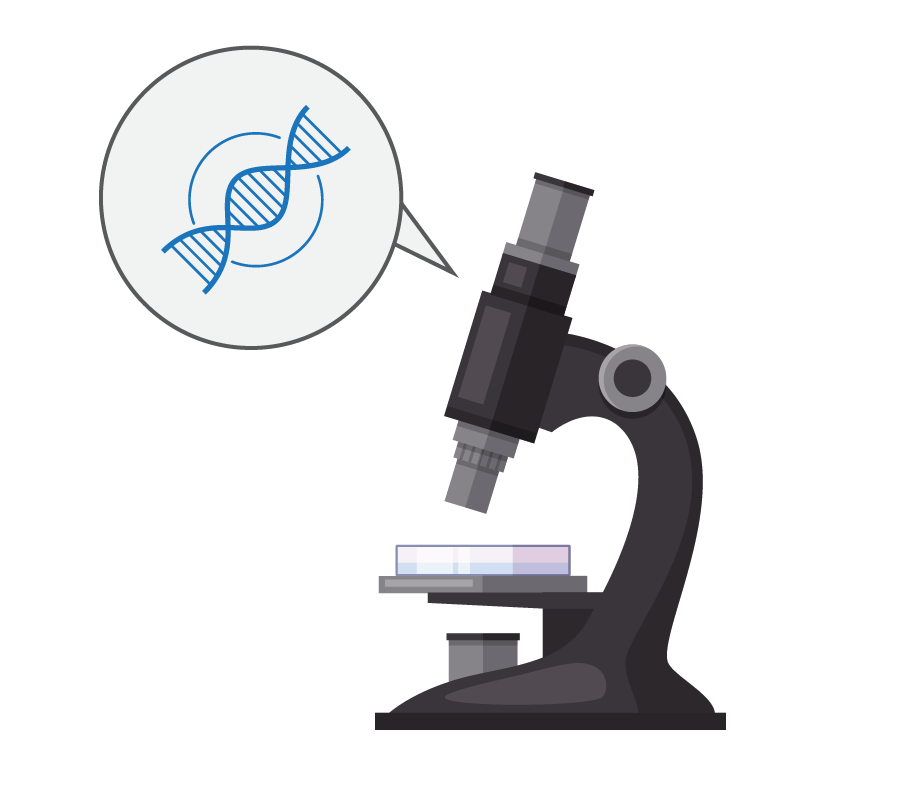In Vitro Fertilization (IVF) Process
Pre-implantation Genetic Testing (PGT)
Current infertility treatment technology (IVF) allows for the extraction of cells from embryos for genetic testing to screen for abnormalities before embryo transfer, thereby increasing the success rate of pregnancy.
The technology used by EKI-IVF is PGT-A (Pre-implantation Genetic Testing for Aneuploidy), previously known as PGS (Pre-implantation Genetic Screening).
- This is a genetic analysis at the chromosomal level using a technique called Next Generation Sequencing (NGS) that can analyze and read the DNA genetic code of all 23 pairs (24 types) of chromosomes with an accuracy of over 99.9%.
- Humans typically have 23 pairs of chromosomes. Pairs 1-22 are autosomes, which determine various physical traits, while the 23rd pair is the sex chromosome, which determines gender.
Through the use of NGS technology, PGT-A provides a thorough examination of all chromosomes in embryos, enabling the identification and selection of chromosomally normal embryos for uterine transfer, ultimately enhancing the success rate of IVF procedures.
Who is PGT-A testing with NGS technology suitable for?
- Couples experiencing infertility.
- Couples where the female partner is over 35 years old.
- Couples with a history of recurrent miscarriages of unknown cause.
- Couples who have undergone more than two unsuccessful IVF cycles.
- Couples with a family history of genetic disorders.

Limitations of Pre-implantation Genetic Testing (PGT)
The process of genetic testing for embryo abnormalities can only be applied to frozen cycles of “In Vitro Fertilization with Intracytoplasmic Sperm Injection (IVF/ICSI).”